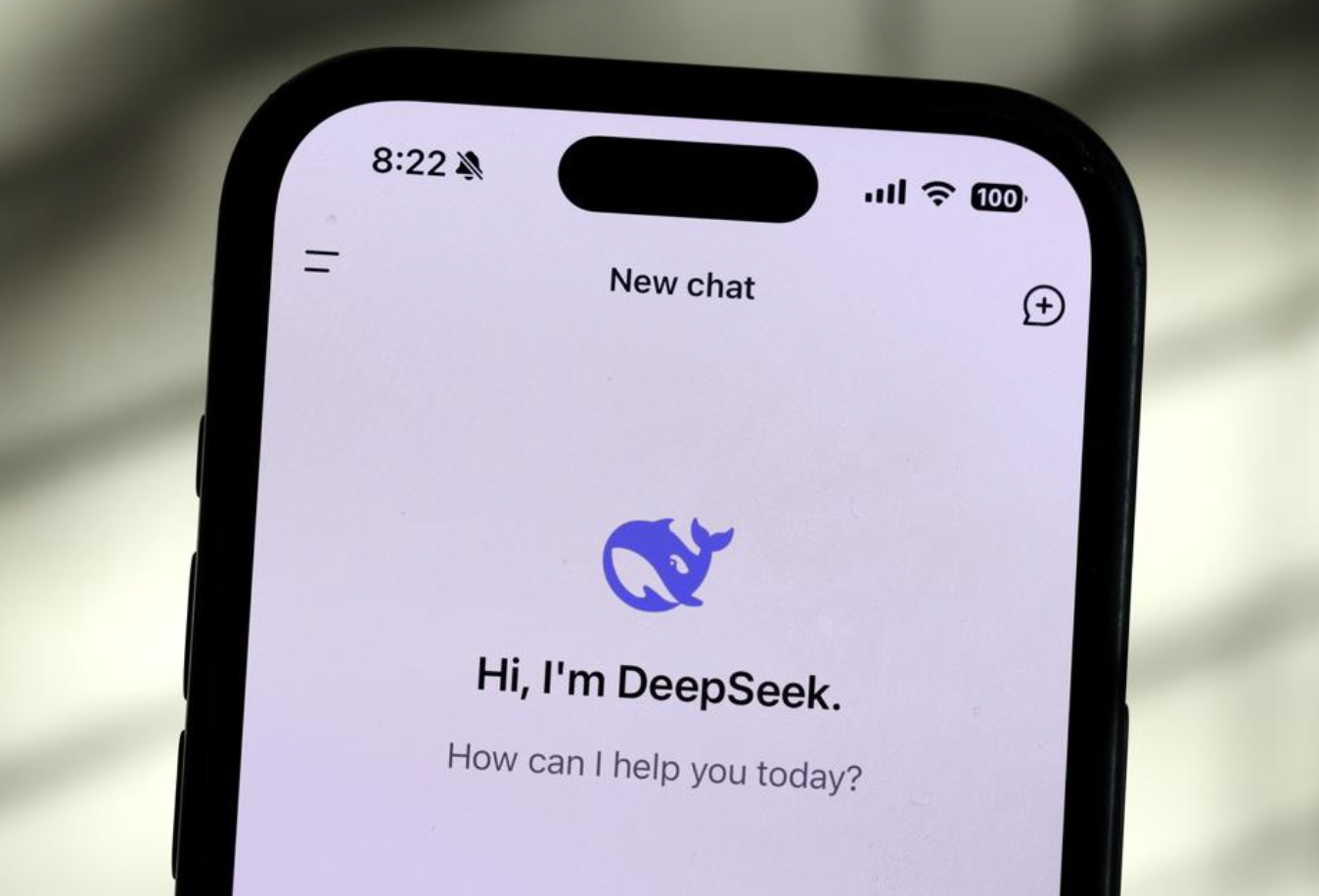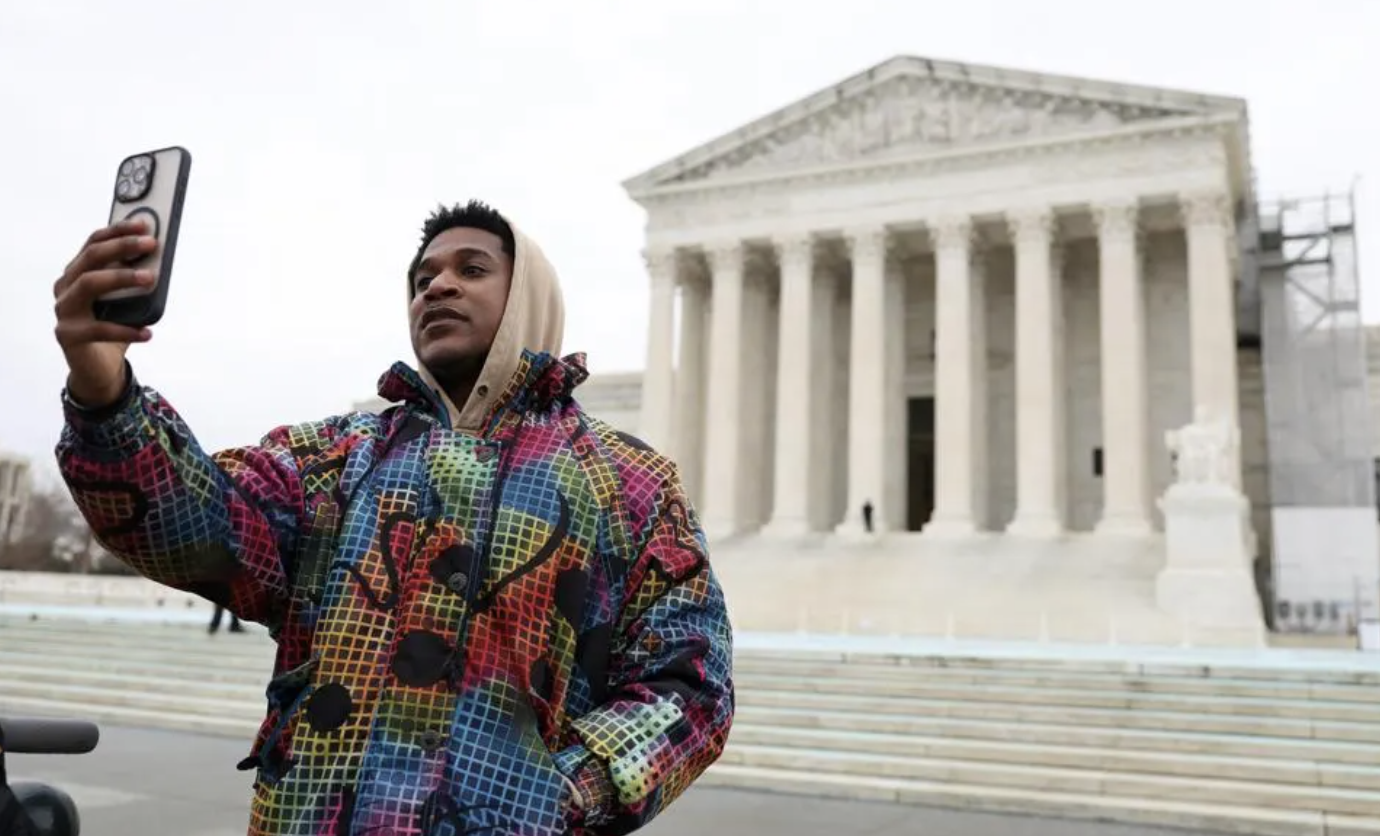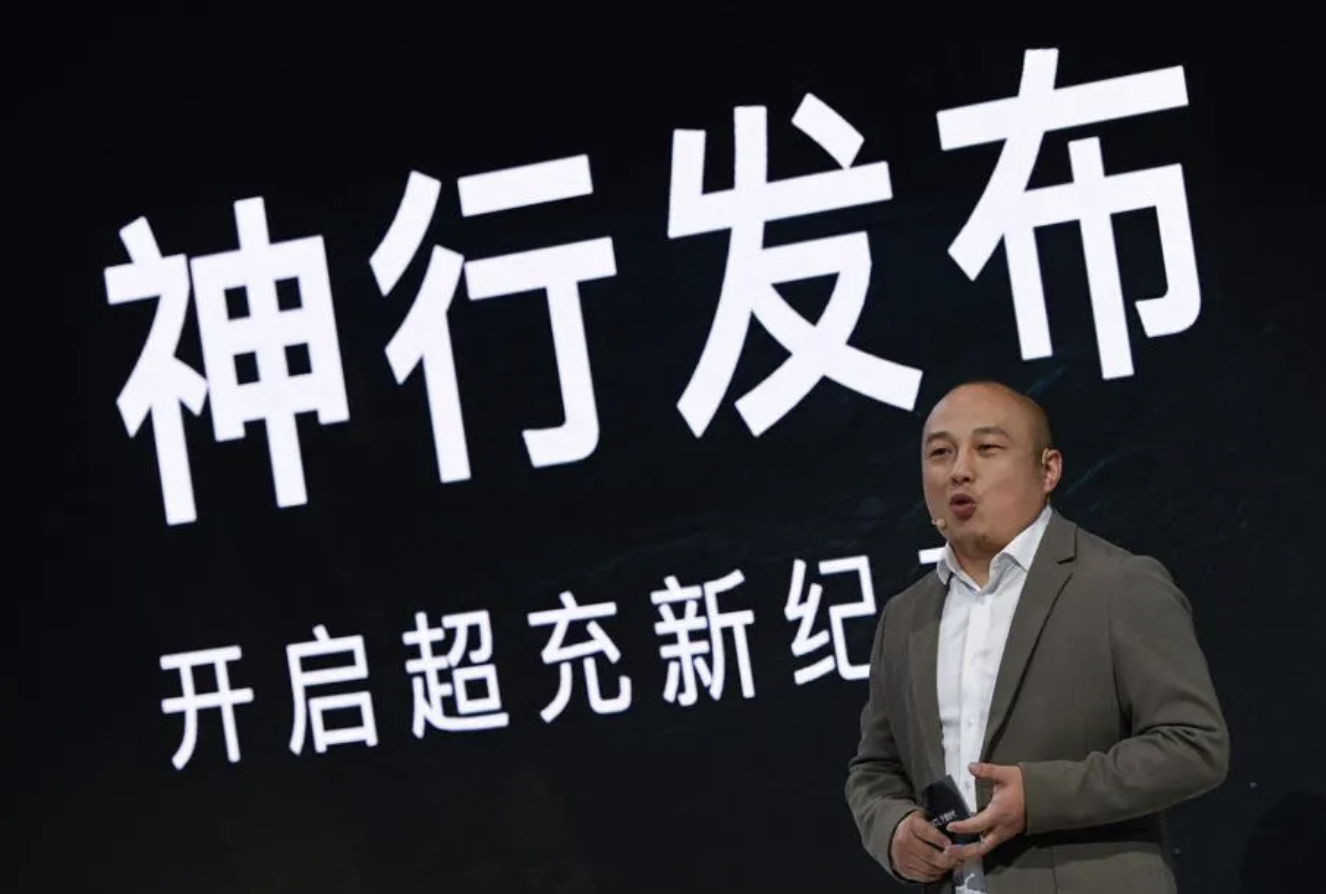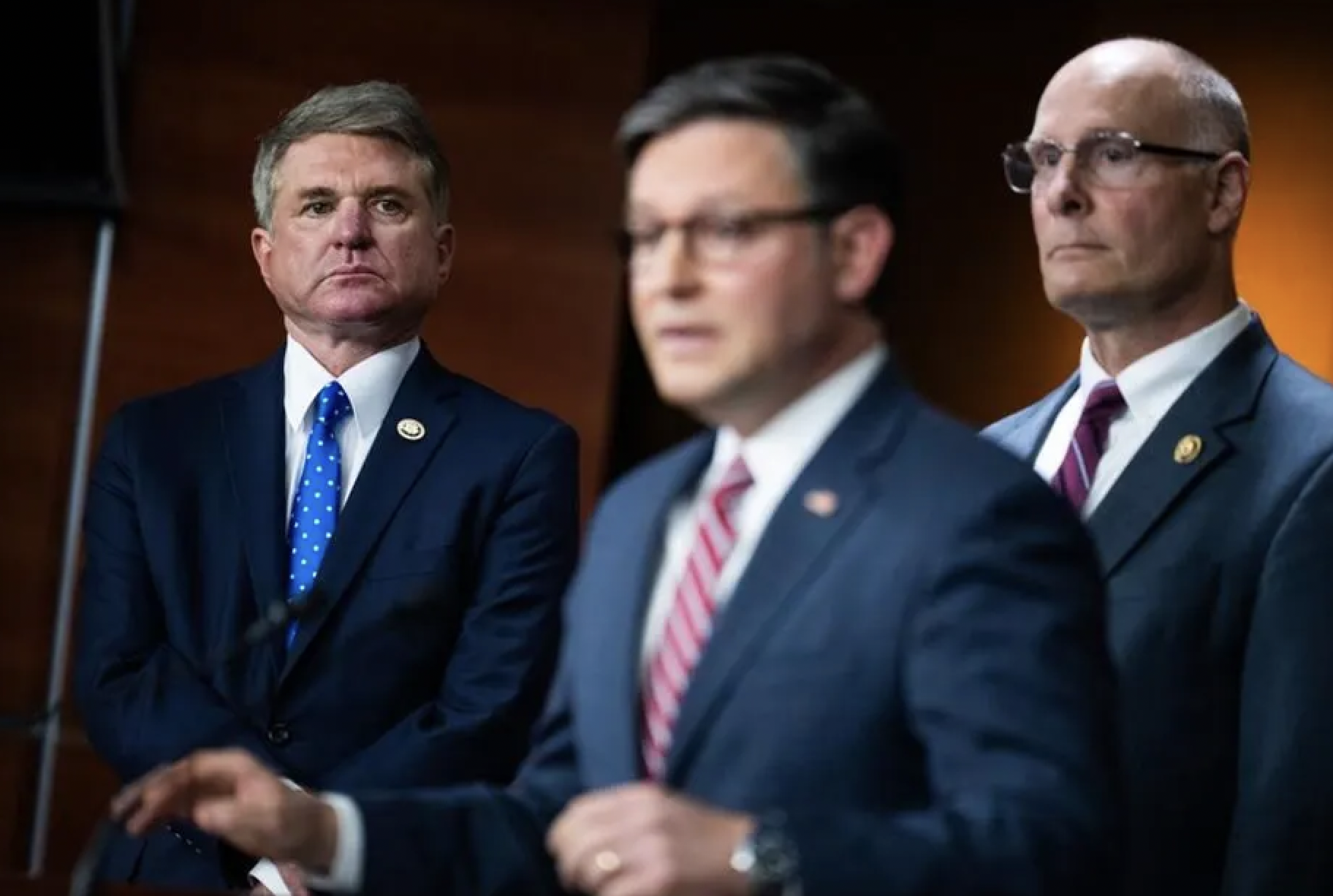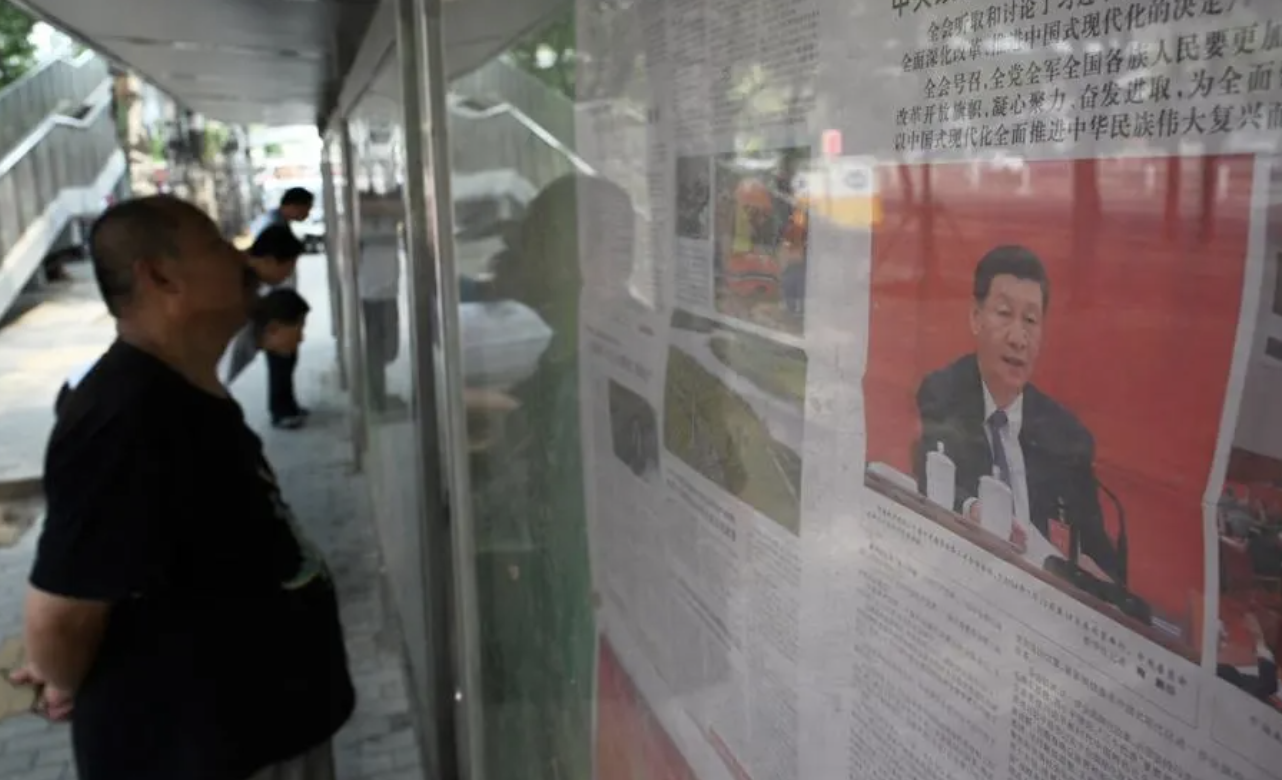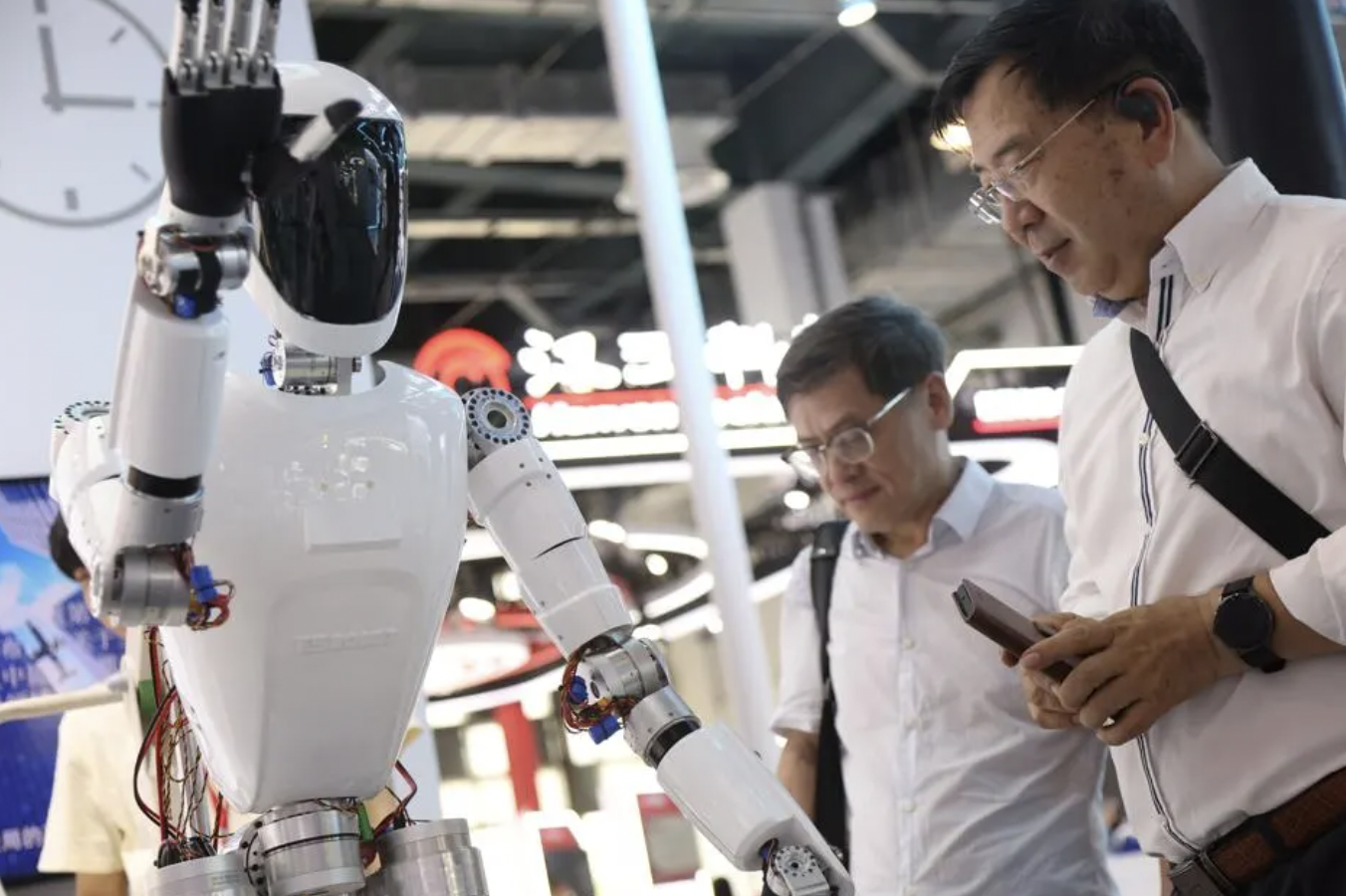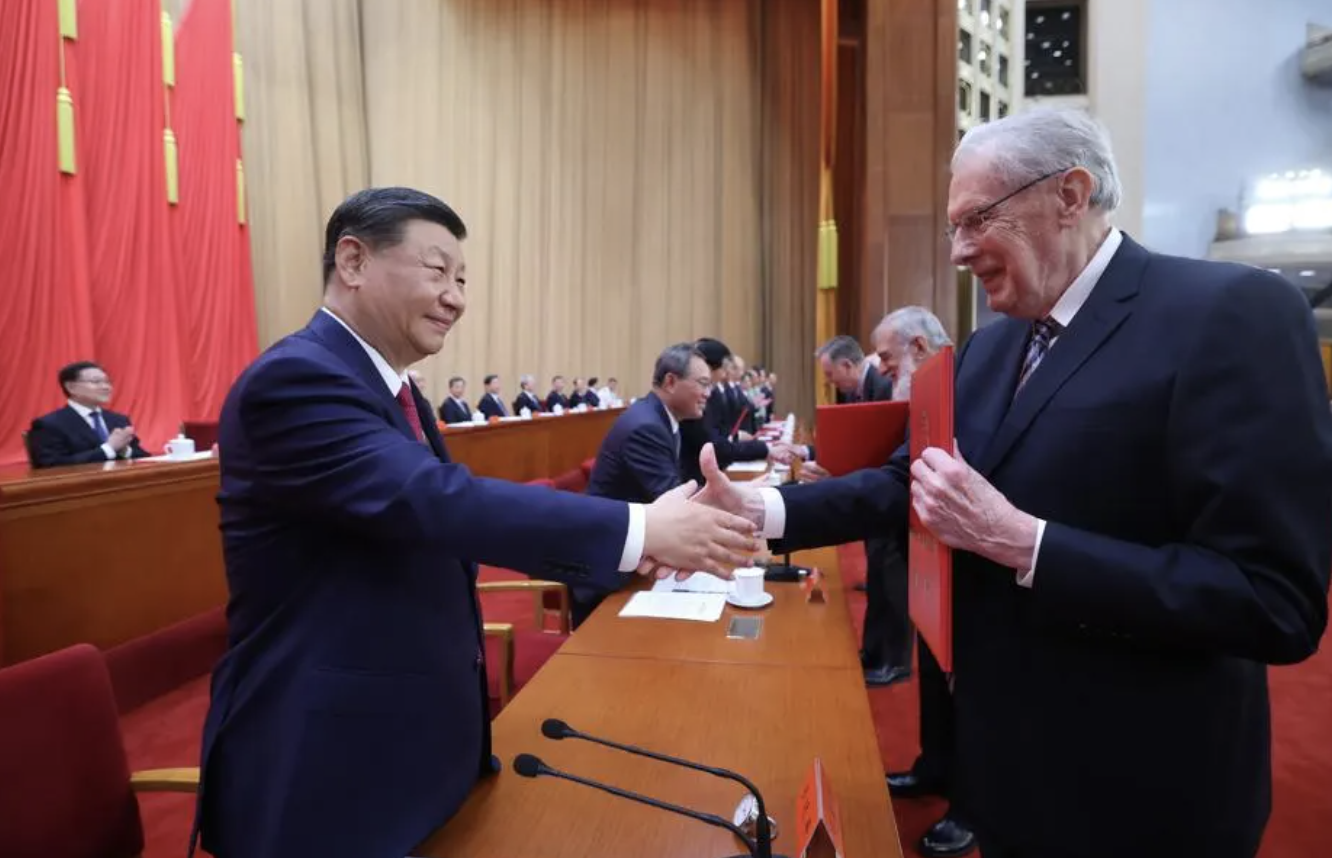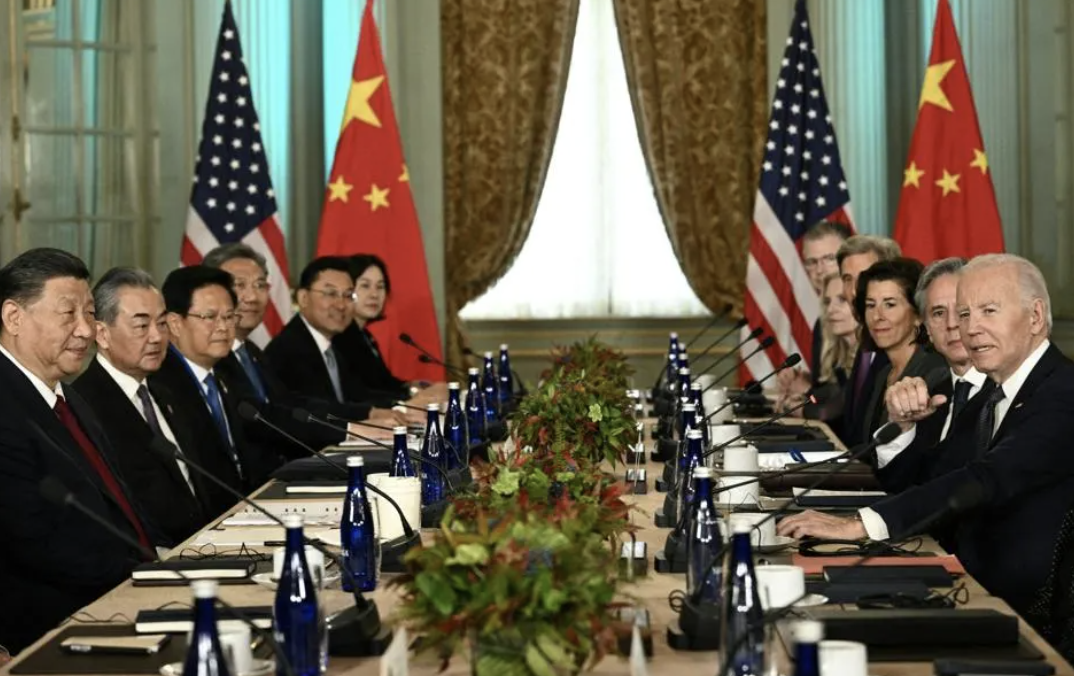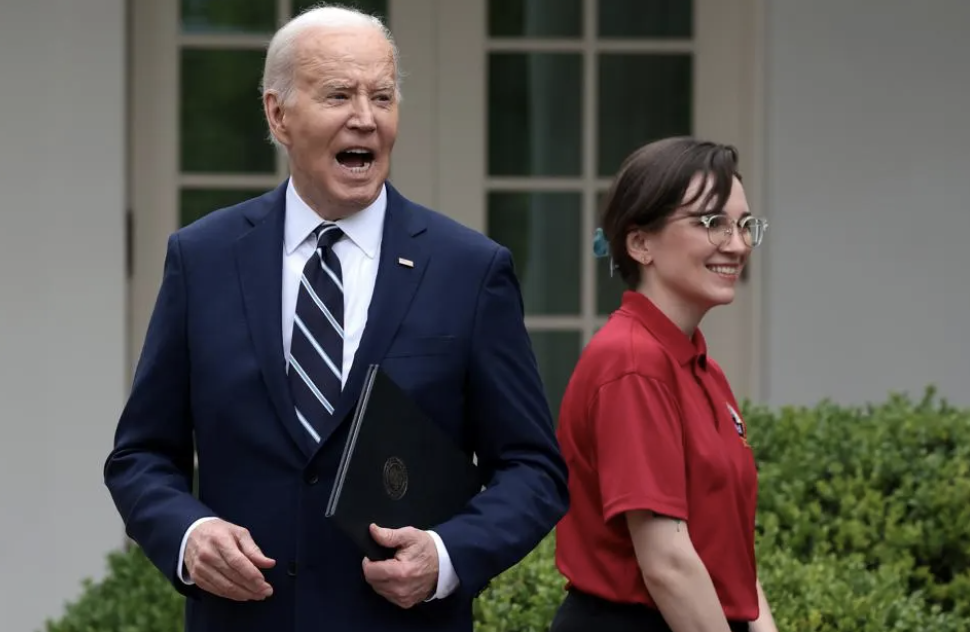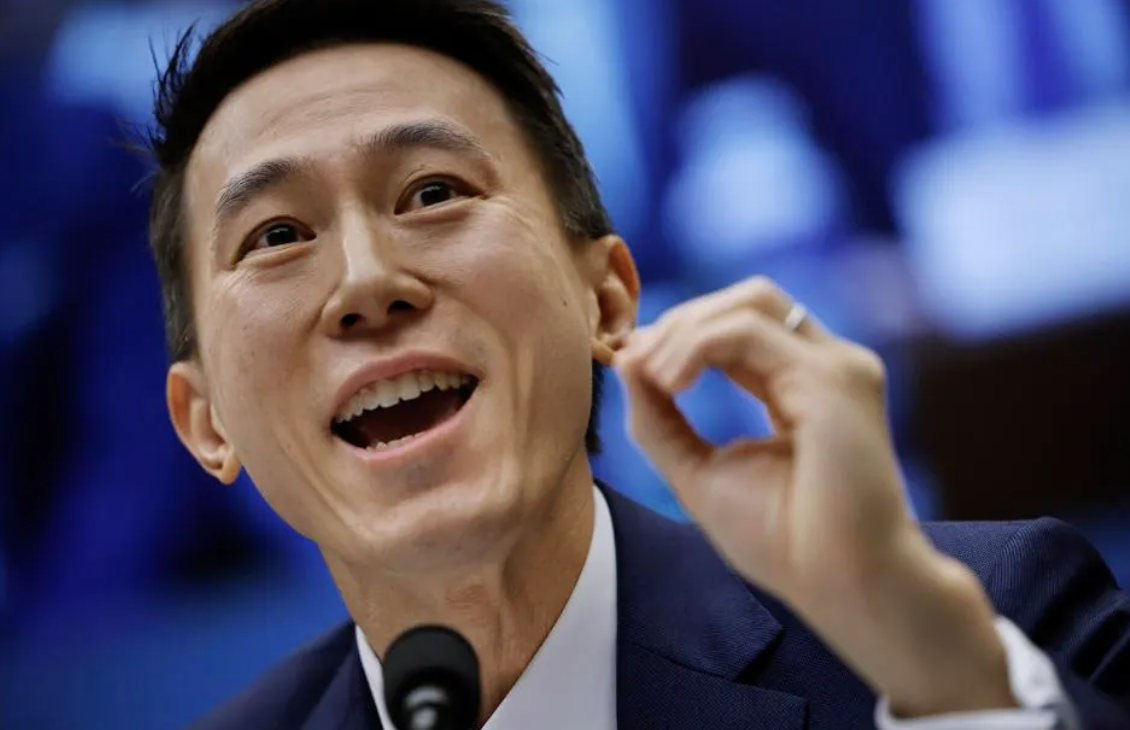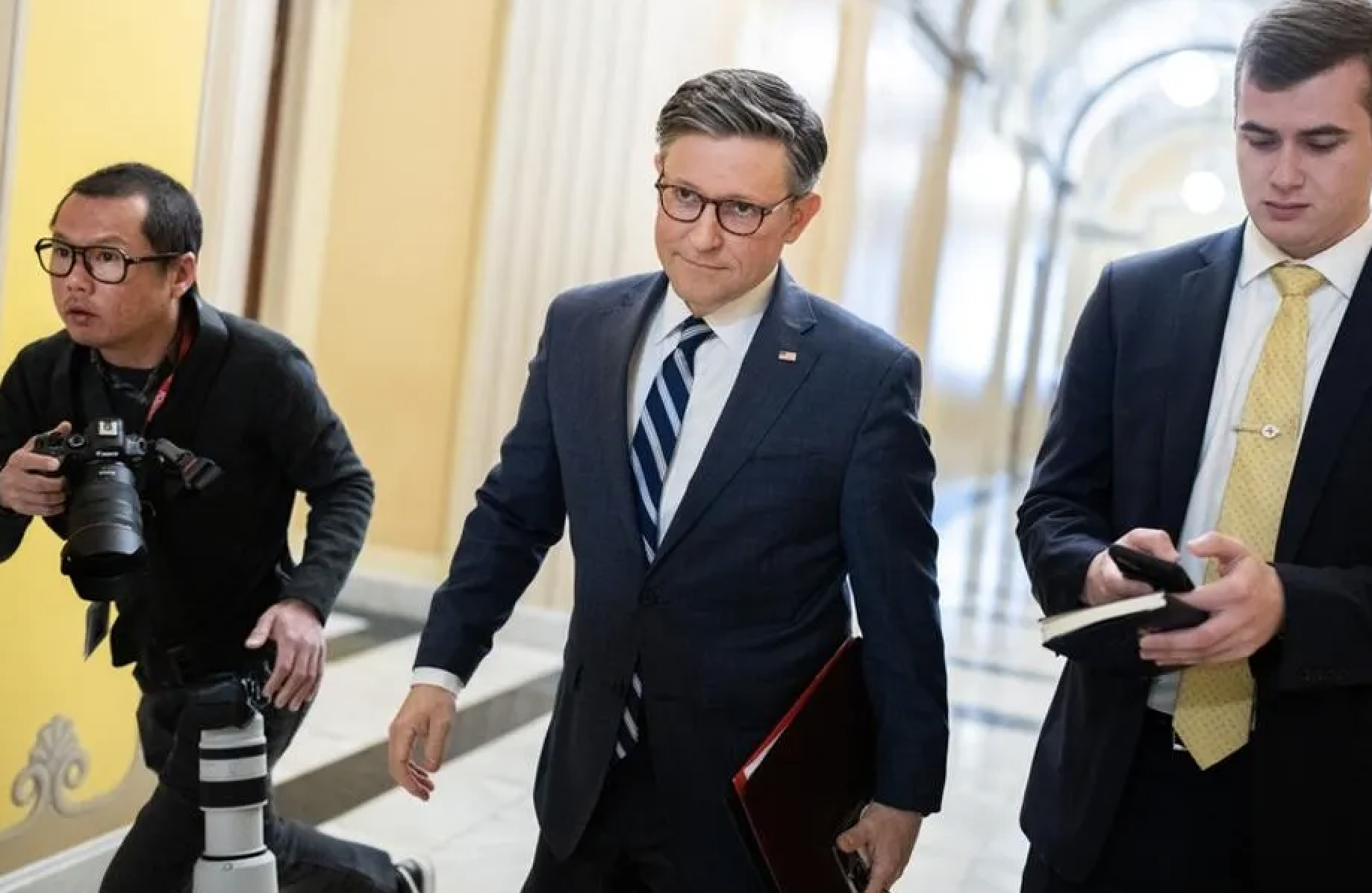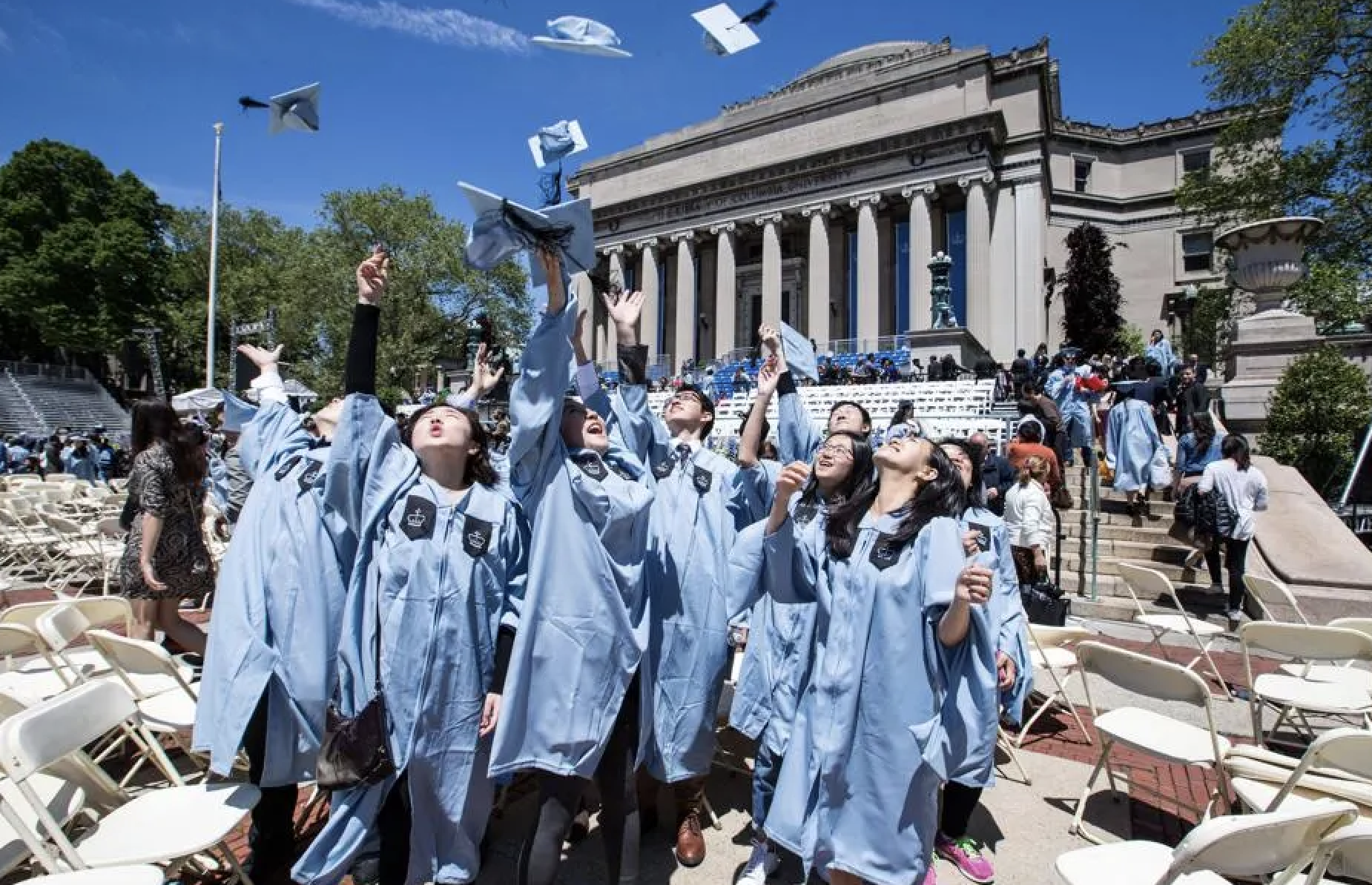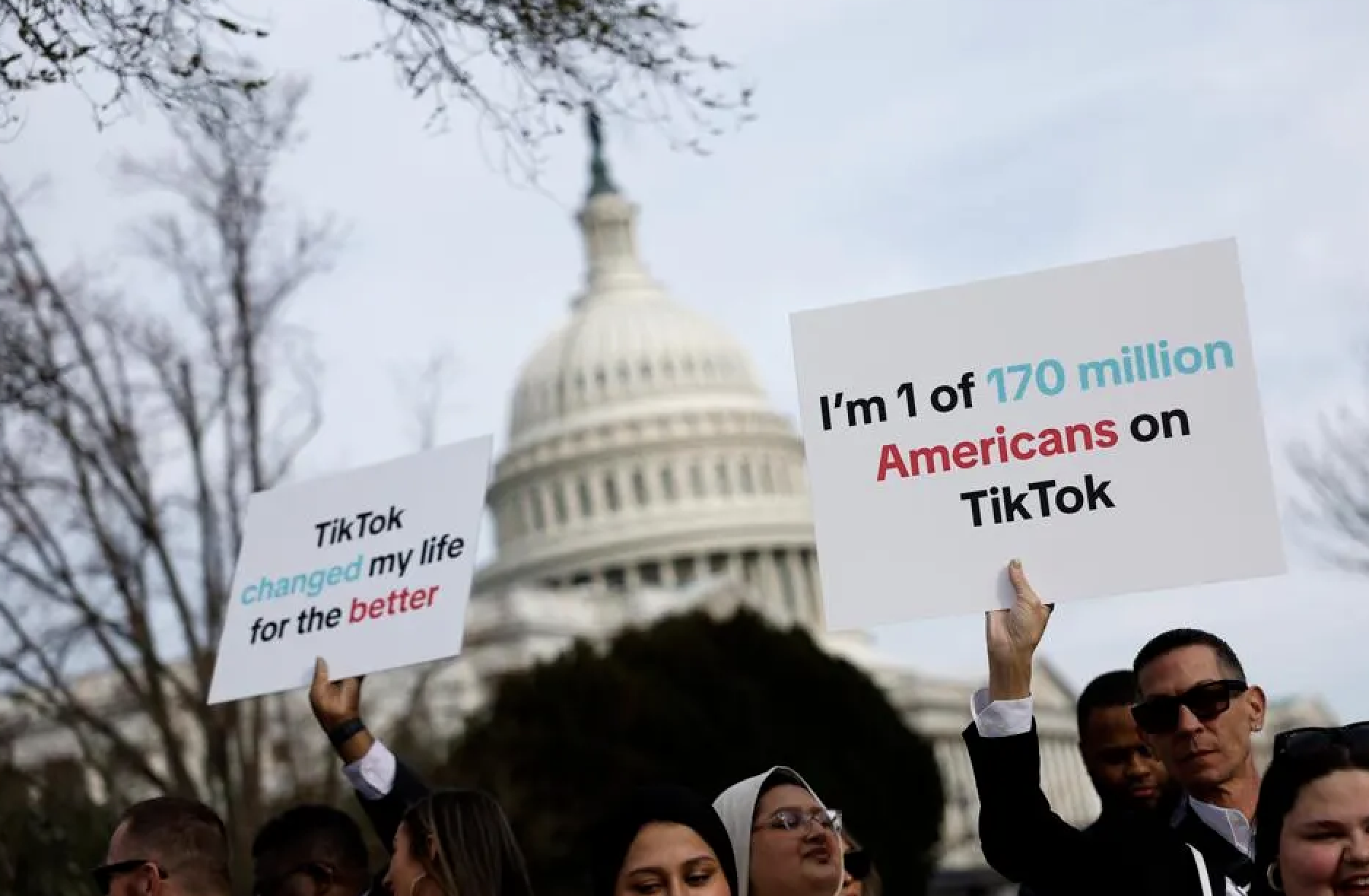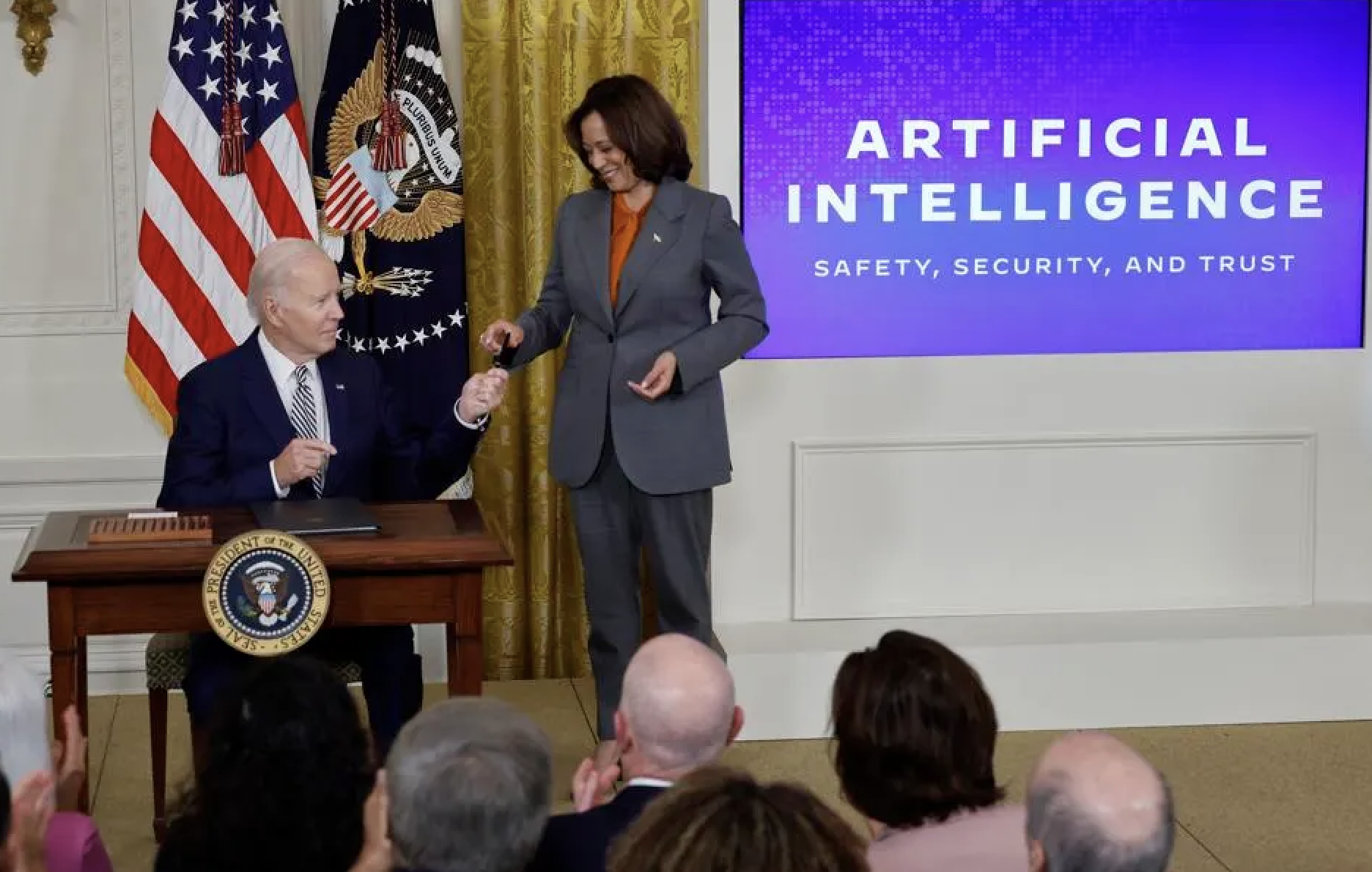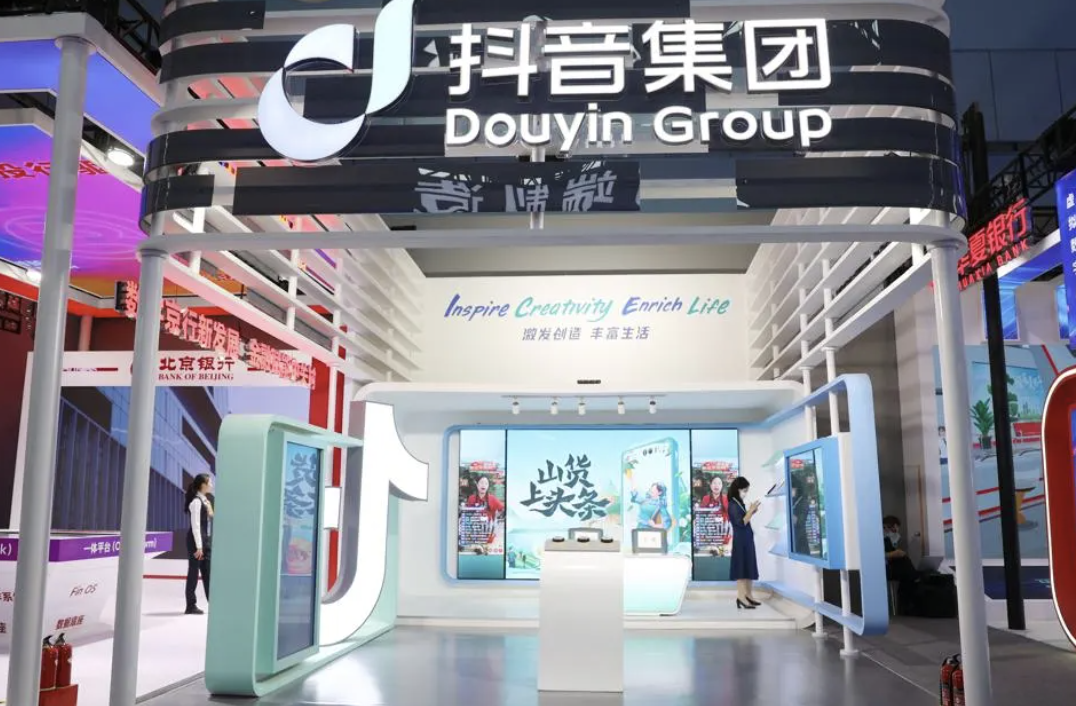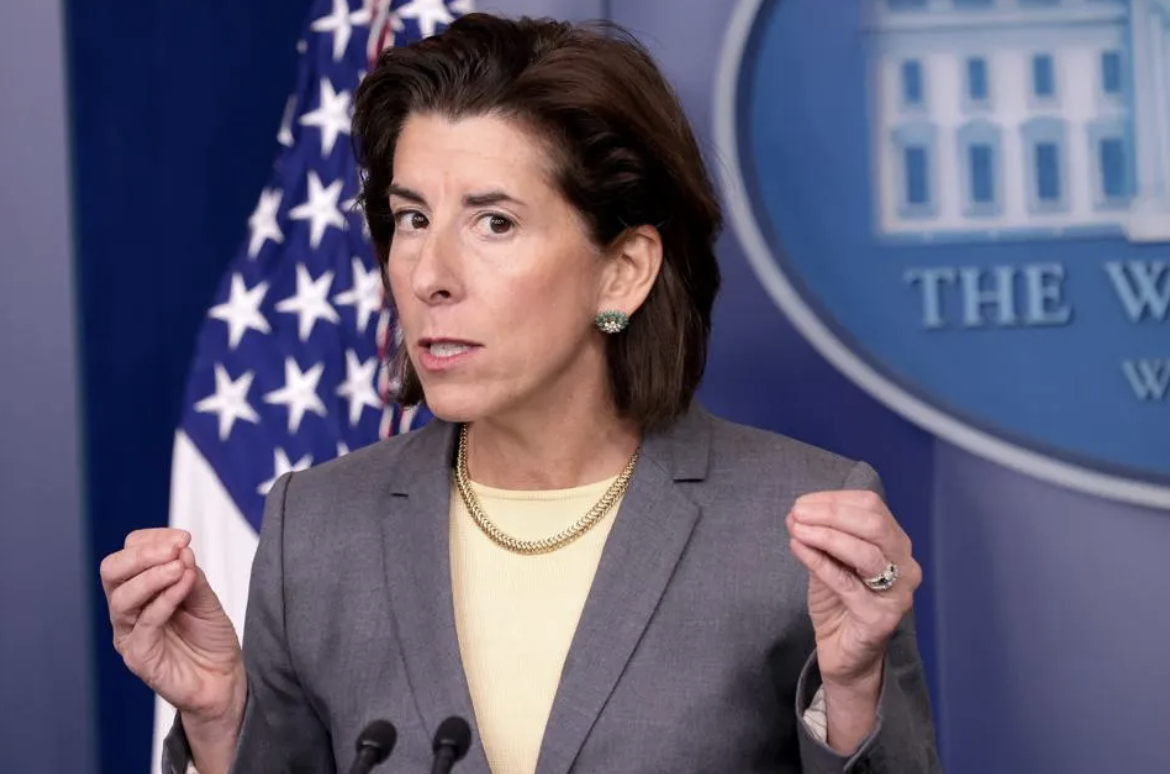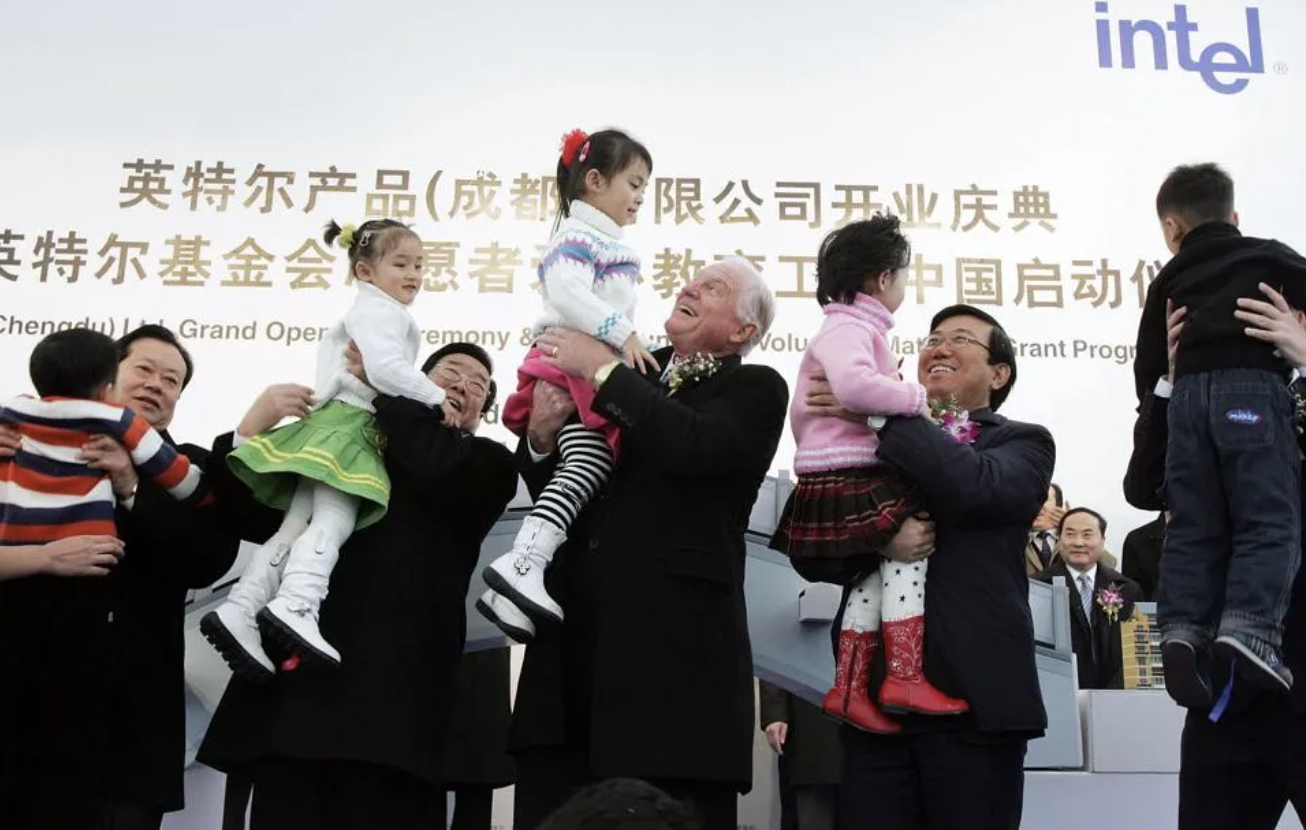Deeply Seeking Decoupling—and Failing to Find It
The DeepSeek story offers a bigger lesson, if we’re willing to learn it: decoupling isn't working, and American users are a big part of the problem.
Tiktok Chaos Shows Popular Opposition to China-based Bans
Americans have shown that they won’t take national security threats at face value.
Chinese Battery Firms Face Two Challenges: IP Disputes and the U.S. Political Climate
High-quality, low-cost batteries — used to power clean technologies such as electric vehicles and energy storage — are crucial for the green transition and the prosperity it has the potential to facilitate. They also happen to be made primarily by Chinese companies.
"China Week" Targets Chinese Firms, Fails to Boost America's
Artificial intelligence was mentioned multiple times in the resolution for China’s Third Plenum, last week’s major agenda-setting gathering of China’s leaders centered on economic policy.
Chinese Leaders Prioritize AI Safety During Major Economic Policy Summit
Artificial intelligence was mentioned multiple times in the resolution for China’s Third Plenum, last week’s major agenda-setting gathering of China’s leaders centered on economic policy.
Robots Take Center Stage at World AI Conference in Shanghai
China doesn’t need the most advanced chips to take a leading role in global AI development, Zhang Ping’an, CEO of Huawei Cloud, said at the World AI Conference in Shanghai last week.
The U.S. and China are Making Two Tech Worlds, Together
Recent developments highlight the United States’ and China’s shared interest in bifurcating technological development—a sector that has long benefited from globalization.
China Pushes for Global Ai Governance in Talks With U.S.
At the first bilateral AI safety dialogue between the U.S. and China held in Geneva last week, the Chinese side emphasized“strengthening the global governance of artificial intelligence” and advocated for expanding the role of the United Nations.
New Tariffs Favor ‘Beating China’ Over Decarbonization
The Biden Administration announced extensive new tariffs on Chinese goods yesterday, targeting cleantech industries China dominates—which also happen to be critical to the green energy transition.
Tiktok Ban Helps Silicon Valley and National Security Hawks—Not Users
Now that the legislation has passed, the next chapter of this story will play out in the courts.
New Legislative Package Proposes Aid for Ukraine, Israel, Taiwan—and Banning TikTok
Lawmakers have found a new weapon in their quest to ban TikTok: linking the forced divestment bill, which passed the House last month, to aid packageshfor Ukraine, Israel, and Taiwan.
U.S. Policy Undermines Talent Flows Amid Growing Competition With China
United States’ diplomatic gymnastics toward China is particularly clear in the realm of AI talent.
Congress’ China Obsession Obscures Tiktok’s Larger Dangers
The House of Representatives’ bipartisan passage of an act that would ban TikTok unless its Chinese owner, ByteDance, sells the company within six months is another testament to the power of invoking the word “China” to get American legislation passed.
China Rules AI Firm Committed Copyright Infringement
An AI company was found by the Guangzhou Internet Court to have committed copyright infringement in its provision of AI-generated text-to-image services, according to Chinese media reports.
AI-generated Content Raises Intellectual Property Concerns for U.S. And China
The world’s two biggest artificial intelligence powers—the U.S. and China—are attempting to address intellectual property concerns relating to AI-generated content domestically, as their ability to effectively collaborate on managing AI remains hampered by the dismal state of bilateral relations.
Chinese Companies Are Reacting to AI Regulations by Releasing Their Own Rules
China is currently home to some of the most advanced AI regulations in the world. Its party-state government, free from the burden of compromise, can swiftly regulate AI as it sees fit.
Sam Altman Will Probably Remain AI’s Top Diplomat
ChatGPT’s success and Altman’s resultant celebrity gave him easy access to world leaders, making him the de facto ambassador for a version of “safe AI development” that suited his personal preferences as well as the financial interests of the company he led.
Updated Chip Restrictions Help Unify AI Hype and China Hawkishness
Many Americans will accept at face value that it is in the United States’ interest to prevent the People’s Liberation Army from obtaining AI-enabled weapons that could destroy the planet.
In the Age of AI, Do We Have the Right to Die in Peace?
Deepfakes of the dead are further proof that in America, where no federal artificial intelligence regulations exist, AI-generated content can be legally used and monetized without consent from the humans whose work fed and keeps feeding the datasets AI relies on.
Chinese Regulators Block Intel Deal, Spotlighting US Chip Strategy
After Chinese regulators stalled the deal for almost a year, Intel on Tuesday abandoned its attempted acquisition of Tower Semiconductor, a chip manufacturer that was going to help Intel make semiconductors in-house.
